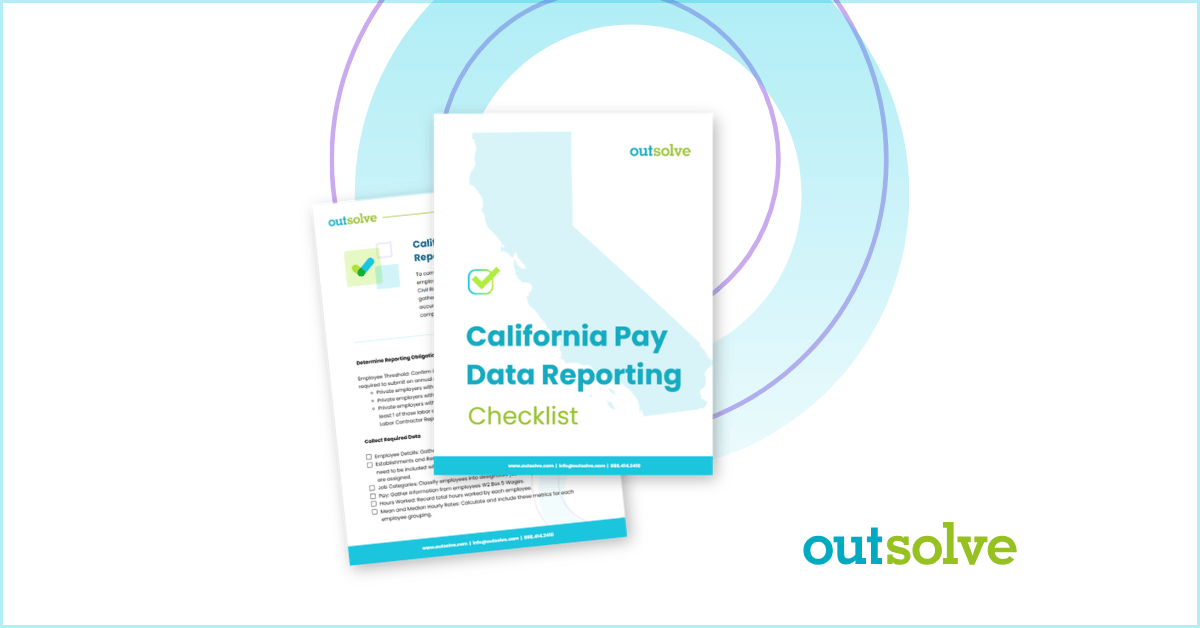In a landmark decision, with a vote of 6-3 the Supreme Court makes it illegal for employers to discriminate because of an individual’s sex, which covers sexual orientation and transgender status. The high court upheld rulings from lower courts that said sexual orientation discrimination was a form of sex discrimination. The decision was written by President Trump appointee, Neil Gorsuch, who said “an employer who fired an individual for being homosexual or transgender fires that person for traits or actions it would not have questioned in members of a different sex. Sex plays a necessary and undisguisable role in the decision, exactly what Title VII forbids.”
Currently, 22 states plus the District of Columbia have their own laws prohibiting discrimination based on sexual orientation and/or gender identity but this ruling confirms that the federal law provides similar protection for LGBTQ employees throughout the United States. According to UCLA’s Williams Institute, the LGBTQ community is made up of approximately 1 million workers who identify as transgender and 7.1 million lesbian, gay and bisexual workers.
Founded in 1998, OutSolve has evolved into a premier compliance-driven HR advisory firm, leveraging deep expertise to simplify complex regulatory landscapes for businesses of all sizes. With a comprehensive suite of solutions encompassing HR compliance, workforce analytics, and risk mitigation consulting, OutSolve empowers organizations to navigate the intricate world of employment regulations with confidence.
Weekly OutLook
Featured Posts

5 Key Compliance Items HR Can’t Afford to Ignore

HR Compliance Checklist: What Every HR Pro Needs to Know
Related Posts
.png)
Beat the Rush: Outsource Federal Reporting Requirements in Q1
The beginning of the year usually feels like a fresh start that brings new business initiatives, goals, and strategies. The work you do between...

California Pay Data Report Checklist for HR Professionals
With changes regarding California pay data reporting taking effect in 2026 and 2027, this is the checklist you need to stay confident that you've got...

What You Need to Know About the Rhode Island Pay Transparency Law
Pay transparency continues to gain traction at the state level, and Rhode Island is no exception. Let’s dive into the details of how this law works...
-1.png)
